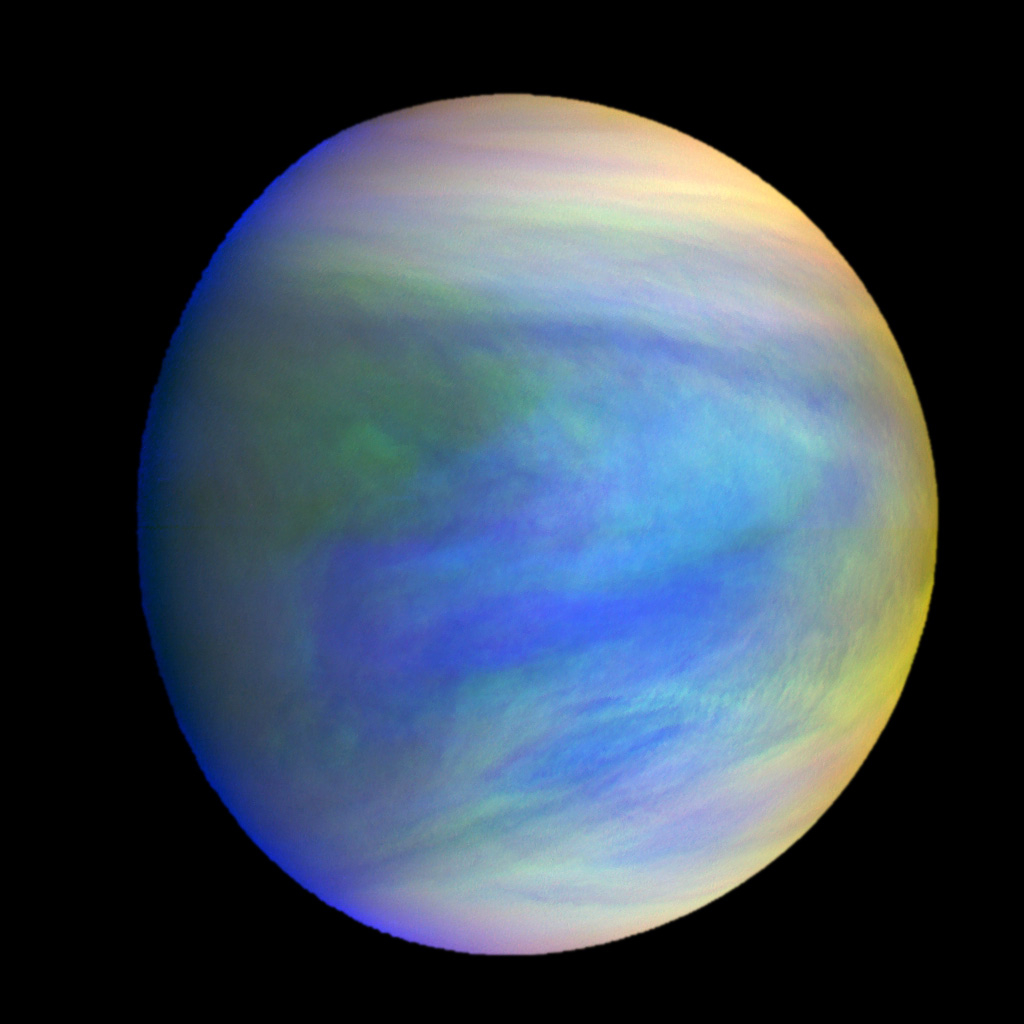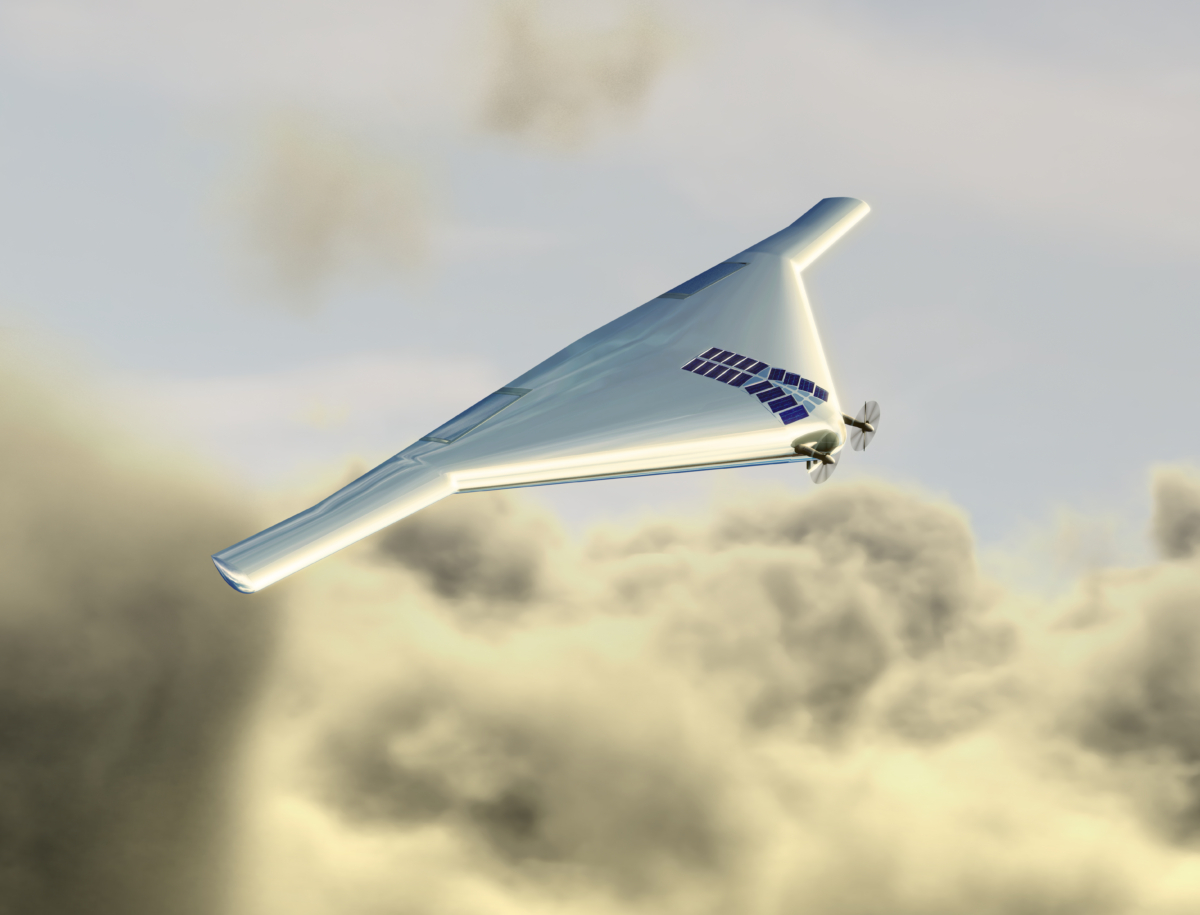
Could Life Exist in the Clouds of Venus?

The hot, hellish world of Venus is shrouded in a thick layer of clouds, but in those drifting clouds could be a niche for extraterrestrial microbial life, new research suggests.
An international team of researchers led by planetary scientist Sanjay Limaye of the University of Wisconsin–Madison's Space Science and Engineering Center lays out a case that the hunt for life beyond Earth should also include the clouds of Venus.
Limaye carries out his research as a NASA participating scientist in the Japan Aerospace Exploration Agency's Akatsuki mission to Venus.
Dark patches
"Venus shows some episodic dark, sulfuric rich patches, with contrasts up to 30-40 percent in the ultraviolet, and muted in longer wavelengths. These patches persist for days, changing their shape and contrasts continuously, and appear to be scale-dependent," Limaye said in a university statement.
The particles that make up the dark patches have almost the same dimensions as some bacteria on Earth, although the instruments that have sampled Venus' atmosphere to date are incapable of distinguishing between materials of an organic or inorganic nature.
The patches could be something akin to the algae blooms that occur routinely in the lakes and oceans of Earth, only these would need to be sustained in the Venusian atmosphere.

Russian mission
The Wisconsin scientist and his colleagues are hopeful that an exobiological research chapter can be opened at Venus. There are ongoing discussions about possible NASA participation in Russia's Roscosmos Venera-D mission, now scheduled to launch in the late 2020s. (Venera is the Russian name for Venus.)
Get the Space.com Newsletter
Breaking space news, the latest updates on rocket launches, skywatching events and more!
Current plans for Venera-D might include an orbiter, a lander and a NASA-contributed surface station and maneuverable aerial platform.
This new research and speculation can be found in a paper published online March 29 in the journal Astrobiology.
Leonard David is author of "Mars: Our Future on the Red Planet," published by National Geographic. The book is a companion to the National Geographic Channel series "Mars." A longtime writer for Space.com, David has been reporting on the space industry for more than five decades. Follow us @Spacedotcom, Facebook or Google+. This version of the story published on Space.com.
Join our Space Forums to keep talking space on the latest missions, night sky and more! And if you have a news tip, correction or comment, let us know at: community@space.com.

Leonard David is an award-winning space journalist who has been reporting on space activities for more than 50 years. Currently writing as Space.com's Space Insider Columnist among his other projects, Leonard has authored numerous books on space exploration, Mars missions and more, with his latest being "Moon Rush: The New Space Race" published in 2019 by National Geographic. He also wrote "Mars: Our Future on the Red Planet" released in 2016 by National Geographic. Leonard has served as a correspondent for SpaceNews, Scientific American and Aerospace America for the AIAA. He has received many awards, including the first Ordway Award for Sustained Excellence in Spaceflight History in 2015 at the AAS Wernher von Braun Memorial Symposium. You can find out Leonard's latest project at his website and on Twitter.









